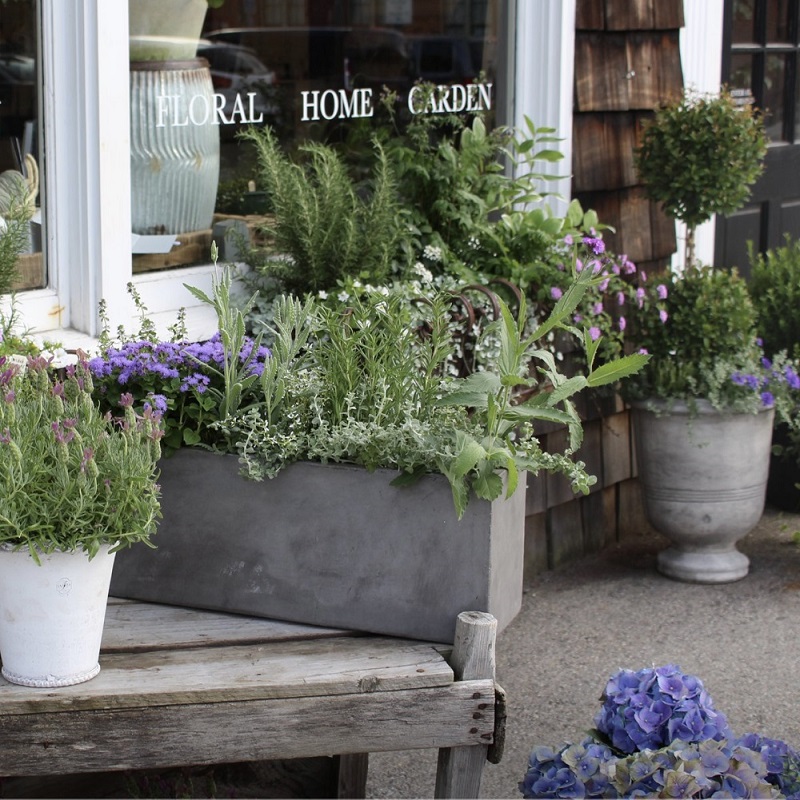Opéra Garnier
Ceiling frescoes over the Grand Foyer
Gilded Secrets of the Opéra Garnier
Have you ever had the chance to visit the famous Opéra Garnier in Paris? If you’ve never been, I highly recommend it on your next trip to Paris. Merely stepping inside will leave you speechless, with its grand marble staircases, ornate chandeliers, stunning frescoes, and rooms dripped in gold leaf. The grandeur of its lavish interior is a reminder why Paris has long been considered the capital of elegance. In the meantime, here’s a peek inside. I’m sure you’ll see why it’s a must in my Paris Guide.
On our Paris Experience Tour this April, we had the rare opportunity to explore the interior of this magnificent building, beyond what the typical tour entails. On our private tour, we were taken underground, behind the stage, and into the costume workshops where hundreds of costumes are still made by hand. Some things are best left a mystery—we'll save those behind-the-scenes secrets for our future guests!
Today, we're sharing some of the stories you can experience when visiting the public areas.
Opera Garnier exterior façade
"N" and "E" for Napoleon and Eugénie on lamppost medallions
A Young Architect with a Grand Vision
Opéra Garnier's story began with an unexpected choice when Emperor Napoleon III launched a design competition to build a new opera house in 1861. Out of 171 entries, a little-known 35-year-old architect named Charles Garnier was chosen for the task.
His vision was bold, theatrical, and radically modern for its time. Prior opera houses (which were candlelit and made of wood) had an average lifespan of just 15 years as they would often burn down. Garnier set out to change that, using stone, steel, and innovation to create a structure that would last centuries.
Ornate nymph statues above Corinthian stone columns
The Marble Stage for the Audience
The Grand Staircase was more of a stage, rather than just an entryway from the foyer to the theater. Its gleaming white marble and sweeping design made it the ultimate runway for Parisian society during the Belle Époque. Operagoers didn't just attend to see a performance, they came to be seen, with outfits meticulously planned and entrances carefully timed. Private staircases and opera boxes were assigned based on social standing. The spectacle began well before the curtain ever rose!
The Golden Foyer of Fashion and Flirtation
At intermission, guests would ascend to the Grand Foyer. Gilded from floor to ceiling in gold leaf and adorned with frescoes painted by artist Paul Baudry, it rivaled the Hall of Mirrors at Versailles. This was where society mingled, flirted, and again showed off their attire. The opera itself was almost secondary to the social performances unfolding in the foyers and corridors.
Amphitheater ceiling frescoes by Marc Chagall, added in 1964.
“Loges de cote” pricate balcony seats
Whether you're visiting solo or joining us on our next Paris Experience Tour, I highly recommend stepping inside the Opéra Garnier. As you walk through its grand hall, it’s easy to imagine the rustle of gowns, the whisper of gossip, and the music floating through the air.
À bientôt,
Sandra
Palais Garnier exterior






















